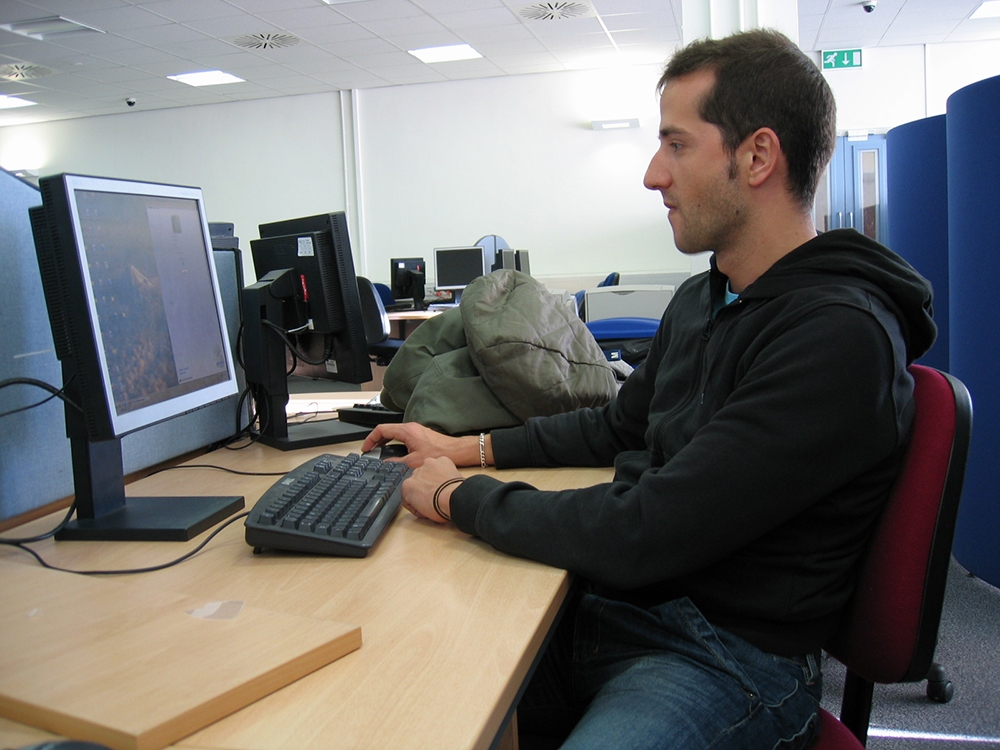Matt Dionne | Sports and Health Editor
Featured image: Excess sitting can increase your risk of health-related complications. | Photo courtesy of tripu (Flickr)
We do it in class; we do it at work; we do it in traffic; we even do it in our spare time. We’re constantly sitting—you’re probably sitting right now while you’re reading this.
“More than one-half of an average person’s day is spent being sedentary—sitting, watching television or working at a computer,” said Dr. David Alter of the University Health Network, or UHN.
The UNH recently conducted a study on the detrimental effects of sitting for prolonged periods of time. The study found that people who spent the majority of their day sitting had a higher chance of dying from health-related complications such as Type 2 diabetes, heart disease or stroke.
What’s particularly alarming is that regular exercise doesn’t completely offset the negative impact of prolonged sitting on our health. Several studies have found that while regular exercise is good, it’s not enough to counter the increased health risks we are faced with from long periods of being sedentary.
Increased risk of diabetes, cancers and heart disease are some of the few side effects of prolonged sitting. Heart disease is the leading cause of death of Americans, and sedentary lifestyles aren’t doing anything to prevent that.
While there is no magic number when it comes to how much time spent sitting is considered excessive, Aviroop Biswas, a doctoral candidate at U of T, says spending eight hours or more of your day sitting is likely linked to many health problems.
Part of the problem is that it’s hard to avoid sitting, as most jobs require you sit in front of a computer or at a desk. However, there are ways we can be more active and avoid excess sitting or inactivity. Planned ‘activity breaks’ where you get up from your desk and walk around, taking the stairs instead of the elevator or escalator, walking to a co-worker’s desk and asking them questions face-to-face rather than emailing and having meetings on the go can all help people avoid prolonged sitting in the office.
Public transit is another situation where you can avoid sitting. Standing instead of taking a seat can not only help you avoid inactivity, but it can also provide a seat for someone potentially more in need.
So the next time you find yourself sitting in a situation where you could be standing, stand up. It might just save your life.


